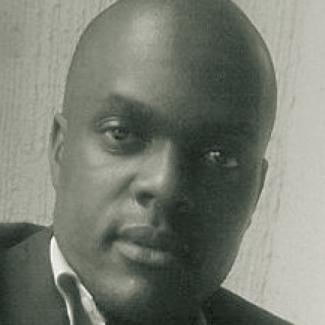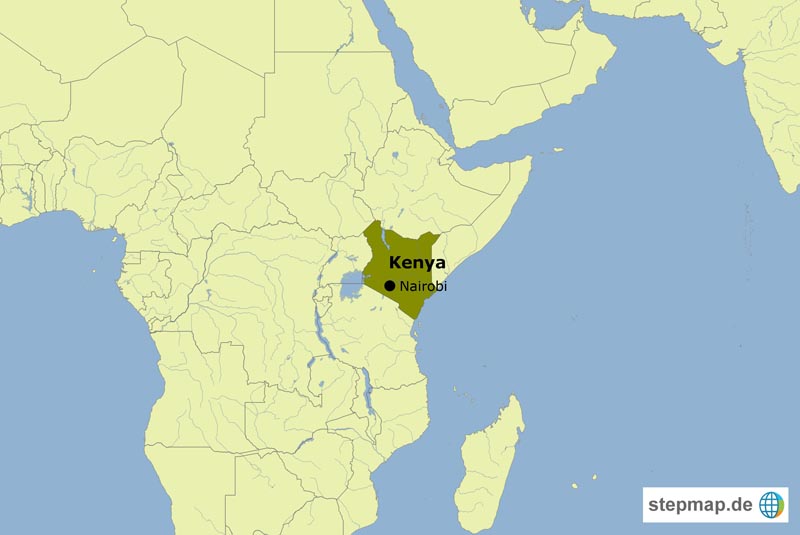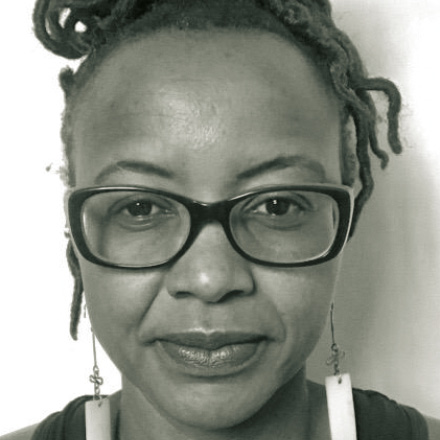Disability
Sign language is crucial for integration

In Mufakose, a densely populated suburb of Harare, lives a deaf 27-year-old single mother Lizzy Chinopa. She lives a life of solitude with just her nine-year-old daughter for company. Many of her neighbours are unable to communicate with her. “People fear talking to my mother because they don’t know how to use sign language,” says Michele, Lizzy’s daughter.
Using sign language, some of which was being interpreted by her daughter, Lizzy speaks about her ordeal. “We have not enough to eat and sometimes my daughter goes to school without food. We always wait for well-wishers from local churches to bring us food.”
Sign-language use is still a very big challenge in the country. Many Zimbabweans cannot communicate with deaf and dumb people. Moreover, there are not enough sign-language experts in the country to help spread its use. Pro-Sign language activist in Harare, Lydia Chikate, says that “the more people don’t understand sign language, the more the deaf and dumb suffer in Zimbabwe”.
Inability to communicate also excludes deaf and dumb people from employment. “Maybe there are just a few deaf and dumb people working in government, but I can tell you most of them, even if they may have gone to school, are suffering on the streets as beggars or vendors,” Chikate says.
There are approximately 1.5 million people or even more who are deaf and hard of hearing in Zimbabwe. Barbra Nyangairi, who is executive director for Deaf Zimbabwe Trust, a voluntary organisation advancing the rights and interests of the concerned people, explains: “There are no actual statistics on disability disaggregated by the nature of disability hence basing on the national statistics agencies in Zimbabwe, we cannot demystify the actual figures of people who are deaf and hard of hearing. She regrets that a lot of people have a negative attitude towards sign language. “People find it of no use learning sign language when they don’t have relatives or friends that are deaf,” she adds.
The government deserves blame for the plight of visually and auditory impaired persons in the country. No steps have been taken to document and standardise sign language in the country. Moreover, educational institutions are not prepared enough to handle such people. “The curriculum of sign language is developing at a slow pace resulting in deaf people borrowing signs from other sign languages,” Nyangairi says.
The rights of special interest groups such as deaf and dumb people matter. Governments must do more to care for them and allow them to live active lives just like other citizens.
Jeffrey Moyo is a journalist based in Harare.
moyojeffrey@gmail.com













